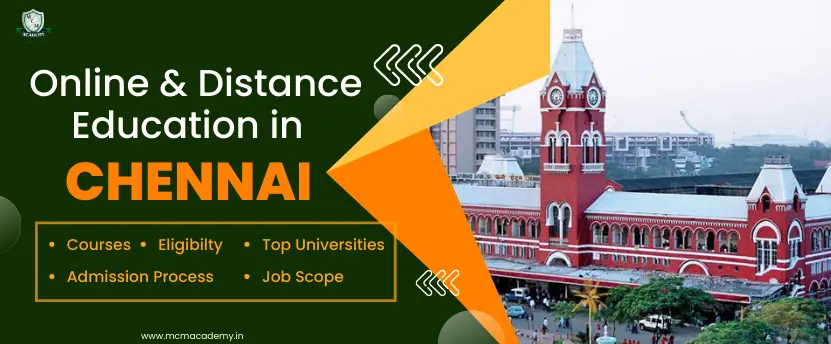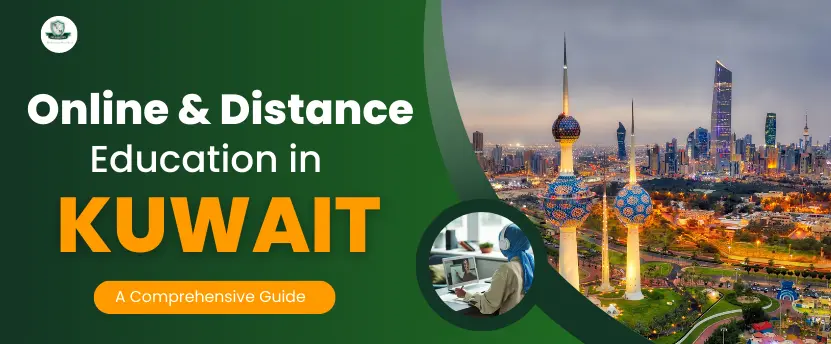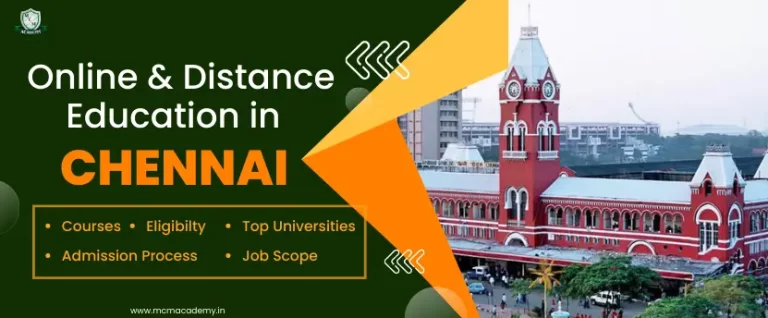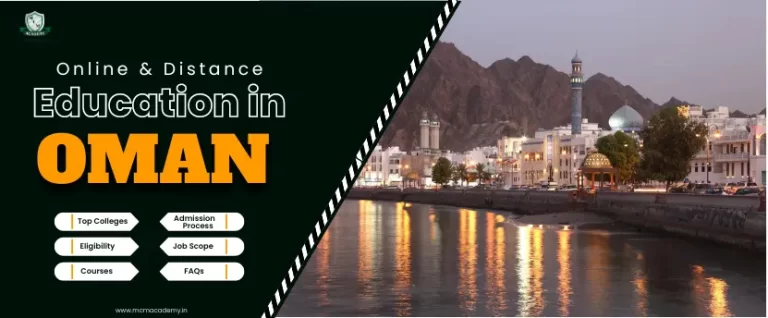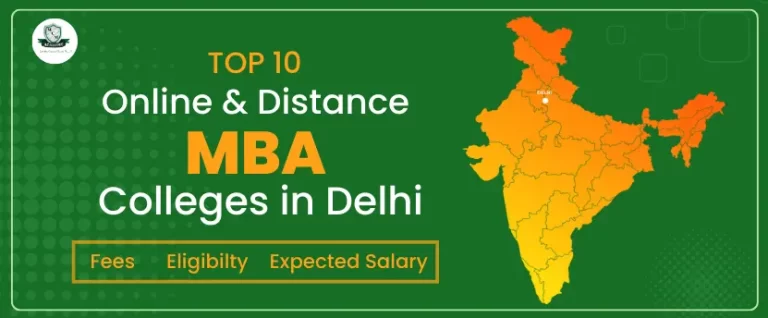The Master of Library and Information Science (MLIS) is a postgraduate program that equips students with advanced knowledge in library science, information management, and digital resource handling. As the digital landscape evolves, the demand for professionals adept in organizing, managing, and disseminating information has surged. In India, the MLIS program has gained prominence, offering diverse career opportunities in academic institutions, corporate sectors, and government organizations.
Table of Contents
What is MLIS?
The Master of Library and Information Science (MLIS) is a postgraduate program that delves into the advanced concepts of library management, information organization, digital resources, and information technology applications in libraries. It’s designed for individuals interested in preserving, accessing, and managing both physical and digital information resources.
This program is not restricted to traditional libraries anymore — MLIS graduates find roles in IT firms, media houses, museums, corporate knowledge centers, and government departments managing vast databases and archives.
Why Pursue an MLIS?
In an era where data is king, and digital libraries are integral to education, research, and business, the relevance of MLIS professionals has never been higher. Here’s why pursuing this course makes sense today:
- Increasing demand for digital information managers.
- High career opportunities in academic, corporate, and governmental sectors.
- Essential role in knowledge management systems.
- Opportunities for remote and freelance work in digital archiving.
- Pathway to academic research and doctoral programs in information science.
Eligibility for MLIS
To enroll in an MLIS course, candidates must fulfill the following:
- A Bachelor of Library and Information Science (BLIS) degree or an equivalent diploma from a recognized university.
- Minimum 50%–60% aggregate marks in BLIS (varies by institution).
- Some universities also allow candidates from allied fields like Information Technology or Archival Studies.
MLIS Admission Process in India
The admission procedure for MLIS programs typically involves:
- Online/Offline Application: Candidates must fill out application forms available on the respective university portals.
- Merit-Based Selection: Many universities shortlist candidates based on BLIS marks.
- Entrance Exams: Top universities like DU, BHU, and Jamia conduct entrance tests covering:
- Library and information science basics
- Current affairs
- English language skills
- Counselling & Final Admission: Shortlisted candidates undergo document verification and pay the course fee for final enrollment.
MLIS Course Duration & Fees
- Duration: Typically, 1–2 years depending on the university’s academic structure.
- Fees: Range between ₹10,000 to ₹2,00,000 per annum based on the institution.
Top MLIS Colleges in India
Several esteemed institutions in India offer the MLIS program. Below is a list of top colleges along with their locations and average fees:
| College Name | Location | Average Fees (INR) |
|---|---|---|
| Banaras Hindu University (BHU) | Varanasi | 4,107 |
| University of Calcutta | Kolkata | 6,000 |
| Jadavpur University | Kolkata | 4,940 |
| Anna University | Chennai | 10,995 |
| Savitribai Phule Pune University | Pune | 9,000 |
| Jamia Millia Islamia University | New Delhi | 30,100 |
| University of Delhi | New Delhi | 8,000 |
| Bharathiar University | Coimbatore | 10,000 |
| Osmania University | Hyderabad | 3,240 |
| Pondicherry University | Puducherry | 17,900 |
| Swami Vivekanand Subharti University | Meerut | 44,000 |
Note: Fees are approximate and may vary based on the institution’s policies.
MLIS Syllabus Overview (2025)
The MLIS syllabus in India is designed to combine theoretical knowledge with practical skills in information management. While the exact subjects vary between universities, core areas usually include:
| Semester | Subjects |
|---|---|
| Semester 1 | Foundations of Library Science, Knowledge Organization, Research Methodology, Information Sources |
| Semester 2 | Information Technology, Digital Library Management, Database Design, Preservation & Conservation |
| Practical Work | Library Automation, Classification Cataloguing, Dissertation, Internship |
Key Topics:
- Information retrieval systems
- Metadata management
- Digital archiving
- E-resources management
- Bibliometrics
- Open-source library software (like KOHA)
MLIS Vs Other Library Science Courses
| Program | Duration | Eligibility | Focus Area | Career Outcome |
|---|---|---|---|---|
| Bachelor of Library and Information Science (BLIS) | 1 Year | Graduate in any stream | Basics of library management and information science | Entry-level library jobs |
| Master of Library and Information Science (MLIS) | 1–2 Years | BLIS or equivalent | Advanced library operations, digital resource management, research | Senior librarian, information analyst, digital archivist |
| Diploma in Library Science | 6 months – 1 Year | 12th pass or graduate (varies) | Fundamentals of library systems | Assistant librarian, data entry operator |
| PhD in Library and Information Science | 3–5 Years | Postgraduate in Library Science | Academic research, policy development, advanced information theory | University professor, research director |
Career Scope & Job Opportunities after MLIS
Post MLIS, graduates can explore a wide range of opportunities, not only in educational institutes but also in corporate and media sectors.
Popular Job Roles:
- Academic Librarian
- Information Analyst
- Digital Resource Manager
- Metadata Specialist
- Knowledge Manager
- Archivist
- E-resource Coordinator
Top Employment Areas:
- Universities and Colleges
- National Archives & Museums
- IT Companies & BPOs
- Government Documentation Centers
- Media Houses
- Law Firms & Healthcare Data Centers
MLIS Government Jobs: A large number of positions are available in central universities, state libraries, and ministries.
MLIS Salary Packages in India (2025)
Here’s a sector-wise salary breakup for fresh MLIS graduates in India:
| Industry | Average Starting Salary (INR) |
|---|---|
| Academic Institutions | ₹ 2.5–3.5 LPA |
| Corporate Knowledge Centers | ₹ 3.5–5 LPA |
| Digital Libraries & Archives | ₹ 3–4.5 LPA |
| Research Institutes | ₹ 3–5.5 LPA |
| Publishing & Media Organizations | ₹ 3–4 LPA |
Senior positions like Chief Librarian or Knowledge Manager can fetch salaries between ₹7 to ₹10 LPA.
Future Prospects for MLIS Graduates
The digital transformation across industries has propelled the demand for skilled information managers. Emerging fields like data stewardship, digital content management, and e-archives management offer promising career growth.
Projected Job Growth: The Indian digital library and information management industry is expected to witness a 20–25% increase in job openings by 2027.
Conclusion
The Master of Library and Information Science (MLIS) program is a vital academic and professional qualification in today’s information-centric world. It not only empowers students to manage physical libraries but also prepares them for careers in digital knowledge management, corporate data centers, and digital libraries.
With a balance of traditional librarianship and contemporary information technology, MLIS is a smart career investment in 2025 for students passionate about managing information ecosystems.
FAQs About MLIS
1. What is the duration of the MLIS program?
Generally, it ranges from 1 to 2 years.
2. Can I pursue MLIS after a general graduation?
No, you need a BLIS degree before enrolling for MLIS.
3. What is the average salary after MLIS in India?
Typically between ₹3 to ₹5 LPA for freshers.
4. Is an MLIS degree from IGNOU recognized?
Yes, IGNOU’s MLIS program is UGC-approved and accepted for both government and private sector roles.
5. Which are the top universities for MLIS in India?
BHU, Jadavpur University, University of Calcutta, Delhi University, and IGNOU are among the best.


